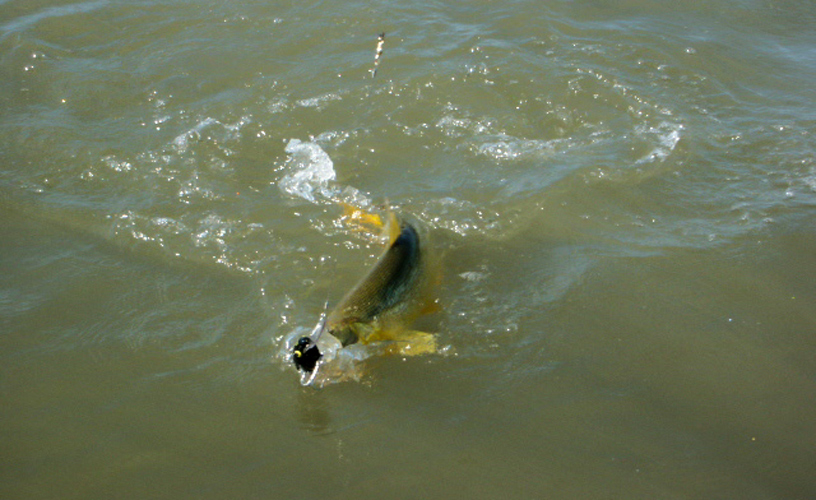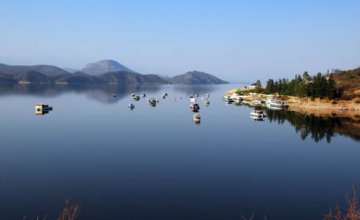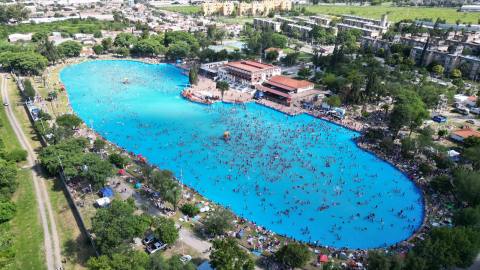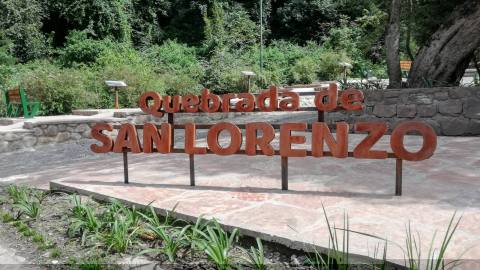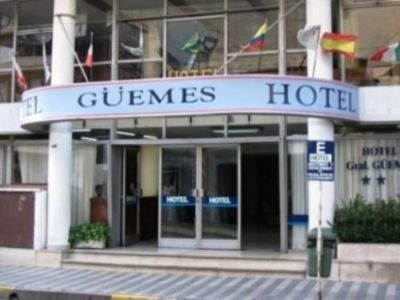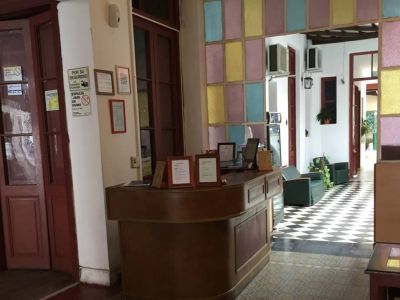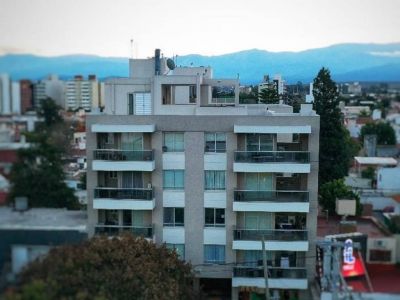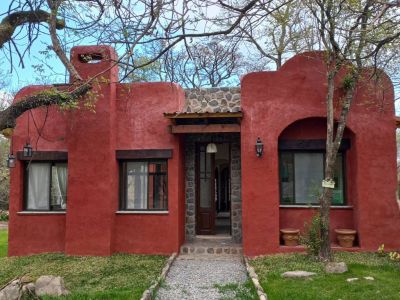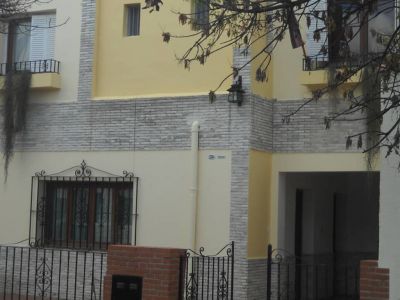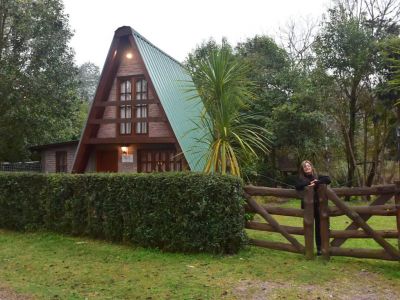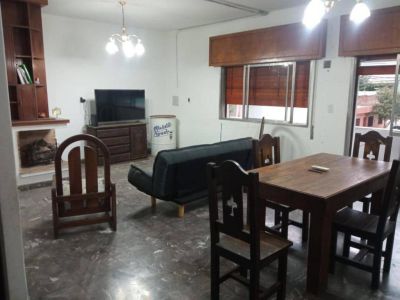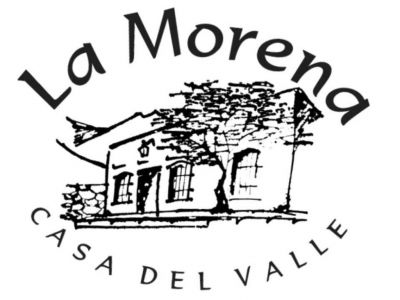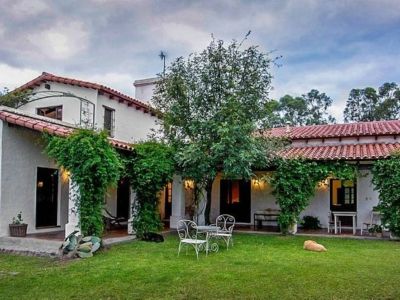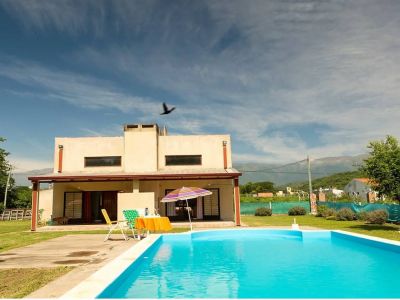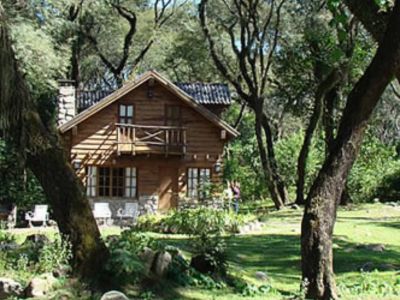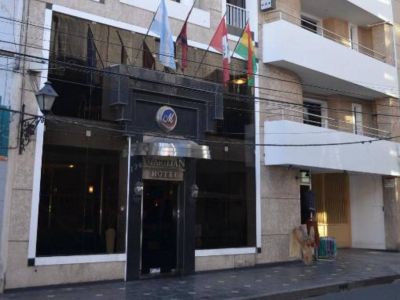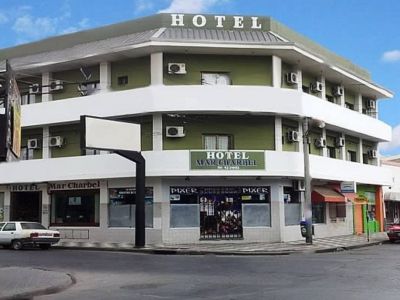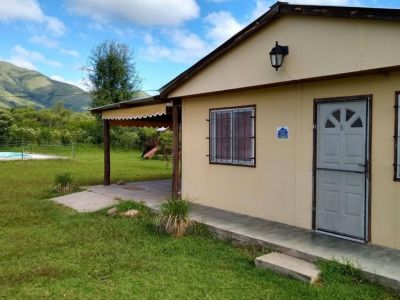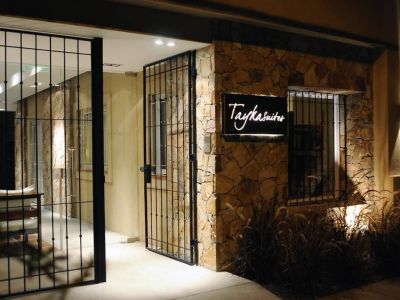The Setting
Fishing in the Salta rainforest is a dream that had been keeping me awake for quite a long time. Maybe that is why when I suddenly received an invitation to go fishing during my short stay in the Argentinian North, I did not hesitate to accept.
The thunderstorm was striking with lightning and showing the real dimensions of the amount of water the dark clouds were carrying with a perfect simmetry. Dawn brought along a splendid day and, after drinking some mate, we were ready to leave.
The Salta rainforest is called Nevado de Acay. Located in the pre-Andean Mountain Range, about 6,000 meters above sea level, several labyrinthic tongues of waters are joined together into the Calchaquí River, which empties into beautiful Cabra Corral Dam, in the core of the Province of Salta.
Fishing doradons in the Salta Rainforest
A Vow
Its waters give origin to a river which runs between steep walls that seem to have been painted by an artist's paintbrush. It is the Juramento and it carries its waters downstream to El Tunal Dam. Then, it crosses the Province of Santiago del Estero and arrives in Santa Fe with the name of Salado del Norte. After hundreds of marshlands and lagoons, it pours its waters into the Paraná River basin, which eventually ends in the Río de la Plata. From the high country to the large delta, the dorado goes up the entire basin until it reaches El Tunal Dam. This area of the river turns out to be a real paradise where anglers can fish this marvelous specimen.
In the times when the dorado is scarce and specimens are getting lighter and lighter, fishing the Juramento means having the possibility to come across the largest dorados still alive in our country. Real grandparents of the river, with a simple snap of their jaws, they are capable of cutting the fishing line in an instant.
The 4x4 truck was advancing at a good pace. By pure chance, the wonderful novel by Jack London entitled The Call of the Wild came to mind. The pages of this book present an impeccable summary of how a domestic dog, called Buck, turns into a wolf as a journey takes place.
As If It Was a Tale
When we finally arrived in the starting point and the rafts would set their noses on the banks of the river, I imagined they were like domestic dogs which, as they floated the river, would turn into wolves. That is what this kind of fishing is about, I thought.
And I was not wrong. In addition to being experienced fishing guides, Alejandro Haro and Marcelo Zambrano are also lovers of nature, endangered and sheltering unique sites in these nooks of the Argentinian North.
According to Marcelo, the first few kilometers are enough to get familiar with the equipment and especially with the casting, which must be accurate. The dorados dwell in the pools formed near the banks, waiting for their prey to appear. Whether with cockroaches, lures or flies, casting must be performed upriver so as to pick up the lure at the same speed the raft moves.
First One to Take the Bait
The raft going in front began to approach the shore when one member of the crew was fighitng with a beautiful orange dorado which would weigh over ten kilos. A few seconds before it was picked up onto the craft, it performed an acrobatic jump I could barely catch with my camera.
“11 kilos, 300 grams” the scale revealed and, after removing the lure carefully from the fish's mouth, it went back to freedom.
“Catch and release” is one of the slogans this environment should never forget, although some anglers have not seen its advantages and benefits yet.
We stopped for lunch on a small sandy beach with some spots of grass. After a long session of relax, with jokes and anecdotes, as well as a well-deserved bath in the crystal-clear river, we started our way back to the rafts.
A Different River
But the river was no longer the same. The storm from the night before was returning slowly and the dorados would not bite again. In a matter of seconds, birds of all kinds were running, flying and squawking all around as if they wanted to say something while our rafts were sliding downstream.
Fishing was over. The large dorados had been the perfect excuse to come to one of the most unspoilt sceneries in the rainforest of Salta. A place unknown by most Argentinian anglers which keeps a real treasure in its waters, its flora and its fauna to be enjoyed but never desecrated.
Simply because it belongs to everybody and nobody at the same time. And because it should remain that way.
Pablo Etchevers
Pablo Etchevers


